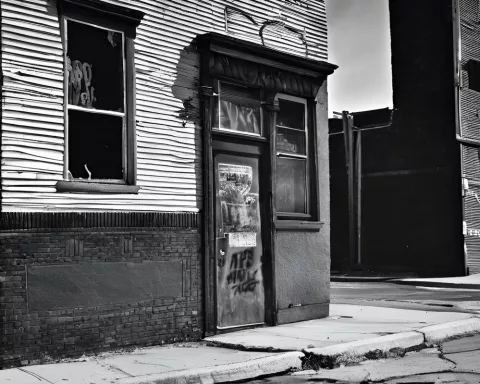The Cannes Film Festival, which will run from May 16th to 27th, has announced that the South African film “SARAFINA!” has been included in its 2023 Official Selection for the esteemed Cannes Classics category. This category is dedicated to showcasing films of exceptional quality that have significantly contributed to the evolution of cinema and fostered the growth of the international film industry.
A Groundbreaking Selection
“SARAFINA!” marks the first instance of a South African film being acknowledged in this manner, as it originally premiered at the festival thirty years ago. The film has become an iconic South African masterpiece, enthralling audiences of various generations with its potent combination of drama, music, and dance.
The Film’s Message Resonates Today
The film highlights the resilience of South Africa’s young women who played a significant role in the nation’s struggle for freedom. Its vivid storytelling and powerful message continue to resonate today, just as they did three decades ago. Whoopi Goldberg, one of the film’s stars, emphasized the importance of engaging with younger generations, stating, “Keep talking to the kids because they are going to fix it, they are going to make it happen, they are going to make change happen.”
Cast Members Share their Enthusiasm
Leleti Khumalo, co-star of the film, also shared her enthusiasm about the film’s return to Cannes, reminiscing about the remarkable 20-minute standing ovation it received in 1992. “I look forward to reliving that moment again this year,” she said. The film boasts a remarkable cast, featuring Academy Award® Winner Whoopi Goldberg, Miriam Makeba, Mbongeni Ngema, John Kani, and Somizi Mhlongo, with a screenplay by Ngema and William Nicholson.
A Unique, Digitally Remastered Producer’s Cut
For this special occasion, director Darrell James Roodt and producer Anant Singh have created a unique, digitally remastered Producer’s Cut of “SARAFINA!”, which includes never-before-seen footage. This version will be screened in partnership with IMAX. Singh, a renowned South African producer, expressed his excitement about the film’s return to Cannes after 30 years, saying, “Being selected for Cannes Classics is a rare and coveted recognition.”
Inspiring a New Generation of Filmmakers
Singh also noted that “SARAFINA!” has achieved another milestone by becoming the first South African film to be selected twice by the prestigious Cannes Film Festival. He emphasized how the film’s 1992 World Premiere sparked a revival in South African cinema and expressed his hope that its return to Cannes will inspire a new generation of filmmakers to create timeless stories that reflect their heritage.












